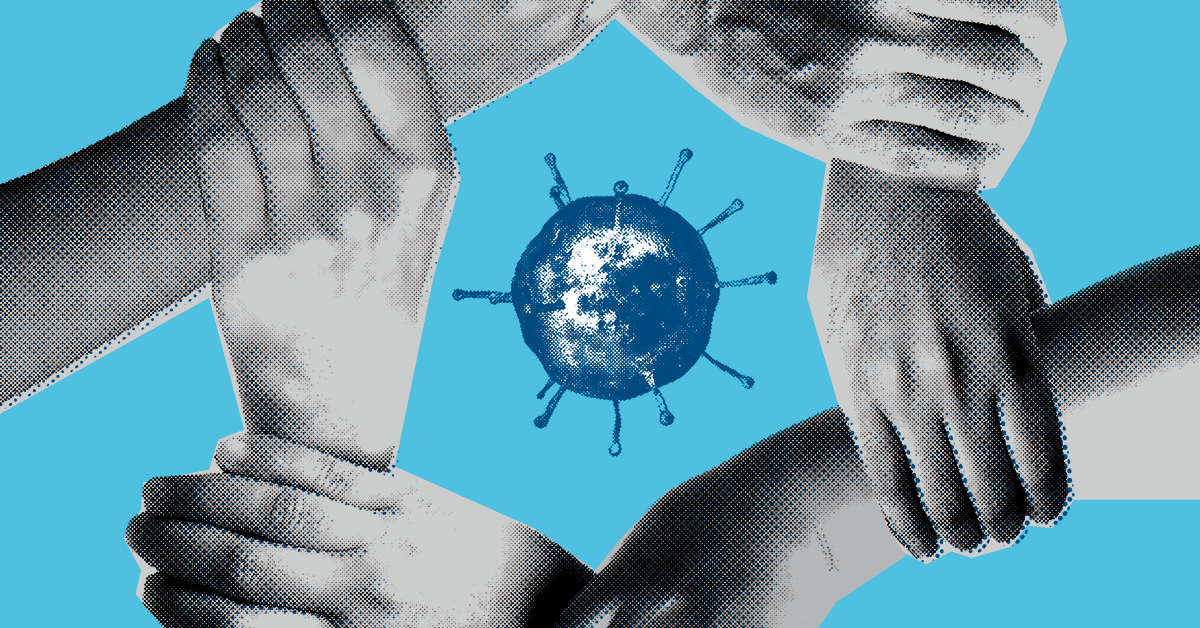Dear Readers,
Since you will be holding the new issue of Aspen Review at a time greatly impacted by the world-wide Covid-19 pandemic, we have made it the central theme of the publication. We are living at a time when one can speak of a crisis of a double character, not only involving public health but also consisting of an economic dilemma. One can also speak, with definite probability, of a social change in the future.
There is no doubt that we should not succumb to negative emotions, but should instead look to the future with hope, learning lessons from our experience and perceiving light at the end of the tunnel. We need to stop and ponder what possibilities these new realities bring and begin to direct our efforts at what will take place in the future.
We provide here interesting perspectives and views. What is the role of trust, so important for all of us, which is waning at present in our lives? Radka Denemarková draws attention to the role of trust where we currently view it as most important – people’s faith in the state and the state in its people. The example of Taiwan not only makes reference to the already-mentioned trust but also to the importance of values, the need for clearly defined goals and the role of communication and thoughts concerning what democracy actually means at this particular time.
The Covid pandemic need not be perceived as merely a threat, but as a kind of breaking point, where people come together and are able to perceive this change and stand up against it. We need to make use of our common sense, new technologies, our energies and move on, as our young alumni Sara Boutall writes.
The current day is also a test of humanity, solidarity and the ability to cooperate and communicate effectively. It is a major test for Europe. How can we emerge from this in the best possible way and strengthen the role of Europe, not only economically, but socially? What are the actual values of today’s Europe? How can Central Europe help thanks to its historical experiences? This is dealt with not only in Emil Brix’s interview with Zbigniew Rokita, but also in the articles with an economic theme.
Aspen both wants to and will look toward the future in all of its activities, supporting constructive dialogue as to how to best come to terms with this kind of situation and seek out solutions, along with a wide range of respected personages, for our prosperity as a whole. This will not only be on the pages of Aspen Review, but also in all of its additional programs.
I would like to express my thanks for your support and hope you will find on these pages new ideas along with both benefits and inspiration for you and your surroundings. Due to the covid-19 situation, we will focus more on the Aspen Review on-line edition next year, apart from the printed version which will be published on an occasional basis. Stay tuned to learn more!
I wish you health, positive energy, respect and courage.


